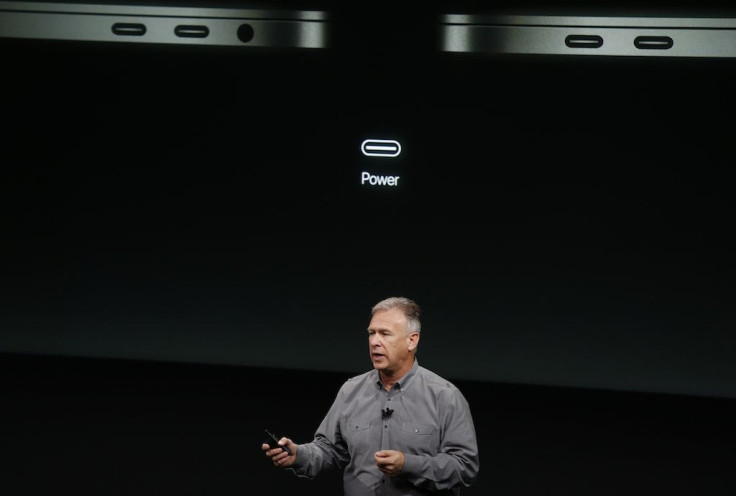Apple Explains Why It Removed The SD Card Slot, Kept The Headphone Jack On The New MacBook Pro

With the new MacBook pro models, Apple decided to remove all of the legacy ports and replaced it with with USB Type-C. One of the ports that met its demise was the SD card slot, which to the annoyance of many was unfathomable. This Wednesday, Apple’s senior VP Phil Schiller explained why they removed it.
“One, it’s a bit of a cumbersome slot. you’ve got this thing sticking halfway out. Then there are very fine and fast USB card readers, and then you can use CompactFlash as well as SD,” Schiller said in an interview with The Independent.
“And then more and more cameras are starting to build wireless transfers into the camera. That’s proving very useful. So we think there’s a path forward where you can use a physical adaptor if you want, or do wireless transfer,” he added.
It’s true that more and more cameras now come with wireless transfer capabilities, but it has not become the standard yet, as pointed out by The Next Web. Consumers would also have to keep buying external card readers and dongles to physically transfer their photos from their cameras, which can also be a huge pain for many.
The absence of the SD card slot on the new MacBook Pro has been a hot topic recently. Gaming laptop maker Razer came under fire yesterday for tweeting an offensive joke about the absence of an SD card slot on the new MacBook Pro, as reported by Polygon. Razer has deleted the tweet and has already apologized.
With the new MacBook Pros completely replacing all ports with USB-C (with ThunderBolt 3 support), many are wondering why the 3.5mm headphone jack is still present on the new models while Apple decided to ditch it on the iPhone 7 and iPhone 7 Plus.
Schiller explained that the decision to keep the headphone jack on the new MacBook Pro isn’t inconsistent at all. He said that a lot of users still have studio monitors and other pro audio setups that require that particular port.
Schiller also admitted that he was a bit surprised with the negative reactions toward the new MacBook Pro. He added that they took a “bold risk,” which means that there are changes to deal with moving forward.
© Copyright IBTimes 2024. All rights reserved.











